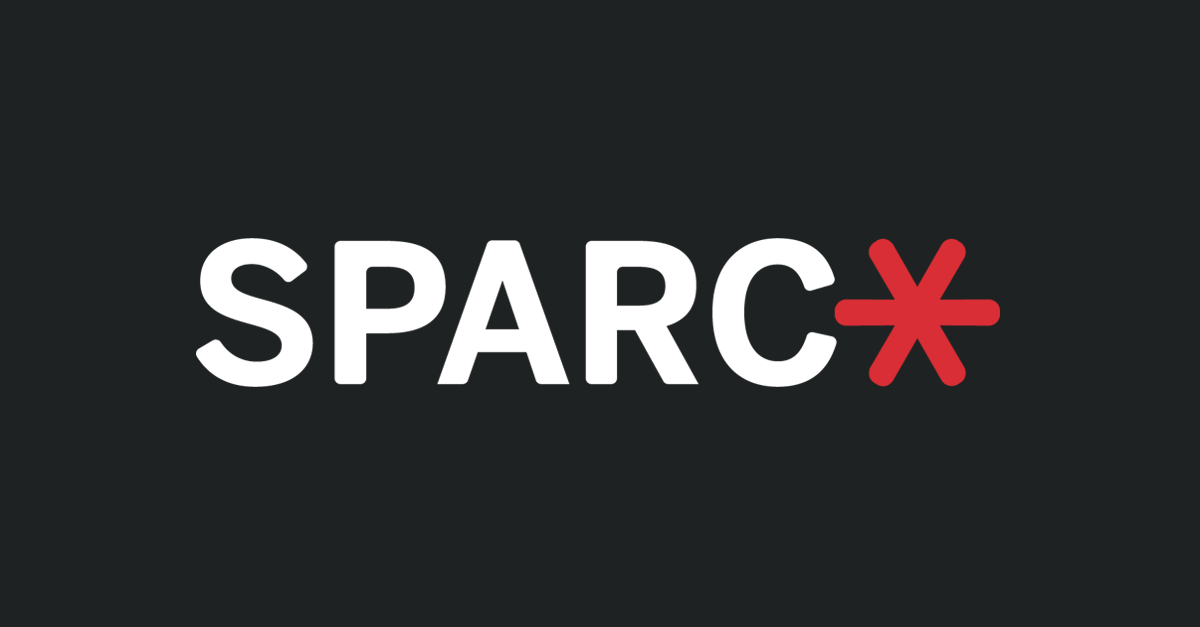MIT leaders describe the experience of not renewing its largest journal contract as overwhelmingly positive. MIT has long tried to avoid vendor lock-in through big deal contracts and, in 2019, maintained individual title-by-title subscriptions to approximately 675 Elsevier titles. In 2020, they took the significant step of canceling the full Elsevier journals contract – all 675 titles – leaving users with immediate access to only pre-2020 backfile content. Since the cancellation, MIT Libraries estimates annual savings at more than 80% of its original spend. This move saves MIT approximately $2 million each year, and the Libraries provide alternative means of access that fulfills most article requests in minutes.
After laying the groundwork with faculty and university administrators, the transition has been relatively seamless with minimal push back from researchers. Most faculty have been supportive of the Libraries in taking a principled stand in line with MIT values and are finding alternative means of access to needed research without an Elsevier subscription. Four years out, the faculty who continue to be most challenged by lack of immediate access are in the life sciences.
…
I always found the journal model to be one of the best scams there is. Buy our journal. Written by you. Edited by you. Referreed by you. Based on research paid for with public money. The journal contribution is to sell the paper back to the people who provide their content.
Plus you pay them to publish, not the other way around.
They charge for literally every step in the process, even the ones where in other systems you’d be the one charging them.
The reddit business model
fun fact: the academic publishing business model was invented by robert maxwell. you’ve probably heard the name maxwell before, due to his daughter, ghislaine
I’ve heard of the name Maxwell because of the coffee…
Blank tapes?
That was Maxell!
good to the last drop my subscription
I wonder whether this is because the subscription method was overpriced compared to the number of articles they actually accessed or if academics are now just thinking twice about whether they really need to access a particular article if it’s not easy and “free”. I’ve certainly downloaded articles I never actually got around to reading.
It’s still wild that universities don’t just en masse refuse to use the for-profit journals. They services they provide could easily be managed and funded by a university consortium. They just need to actually make the leap.
I’m sure all the MIT lecturers are making sure to only use opensource textbooks and totally not requiring students to purchase the professor’s own authored textbook, latest edition only, right? That would be in keeping with MIT’s principles, certainly.
I don’t know about only, but: https://ocw.mit.edu/
Poor academics got to eat too!





